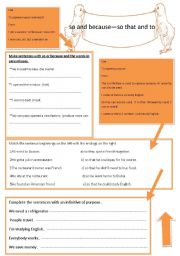
|
so and because�so that and to
1
To express reason and result.
Form:
I put a sweater on because I was cold.
I was cold, so I put a sweater on
2
To express purpose.
Form:
The to infinitive is used to express purpose. In order to can also be used.
I came to the U.S. to study English.
So that can also be used. It is often followed by could / can or would.
I came to the...
Level: intermediate
Age: 10-17
Type: worksheet
Downloads: 26
|
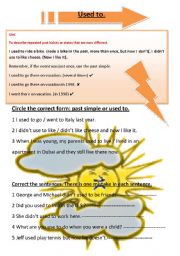
|
Used to.
To describe repeated past habits or states that are now different.
Remember, if the event was just once, use the past simple.
I used to go there on vacation. (several times) ✔
I used to go there on vacation in 1998. ✘
I went there on vacation. (in 1998) ✔
Level: intermediate
Age: 13-17
Type: worksheet
Downloads: 25
|
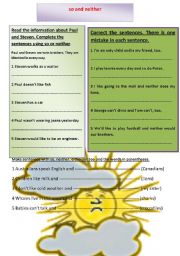
|
so, neither, either, or too
Read the information about Paul and Steven. Complete the sentences using so or neither.
Correct the sentences. There is one mistake in each sentence
Level: elementary
Age: 14-17
Type: worksheet
Downloads: 19
|
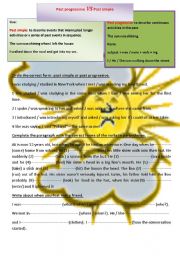
|
Past progressive VS Past simple
Past simple: to describe events that interrupted longer activities or a series of past events in sequence.
Past progressive: to describe continuous activities in the past.
The sun was shining.
Level: elementary
Age: 10-17
Type: worksheet
Downloads: 17
|
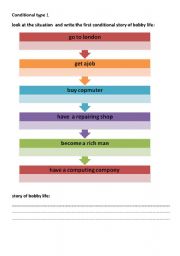
|
Conditional type 1
Conditional type 1
look at the situation and write the first conditional story of bobby life:
Level: intermediate
Age: 10-17
Type: worksheet
Downloads: 4
|
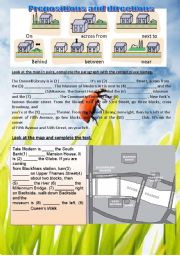
|
preposition of place
Look at the map In pairs, complete the paragraph with the correct place names
Look at the map and complete the text..
Level: intermediate
Age: 14-17
Type: worksheet
Downloads: 78
|
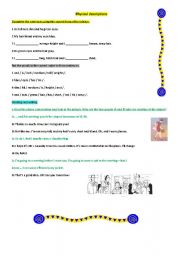
|
( describing people)Physical descriptions 2
Physical descriptions
Complete the sentences using the correct form of be or have.
a Read the phone conversation and look at the picture. Who are the two people (A and B) who are meeting at the airport?
Level: elementary
Age: 13-17
Type: worksheet
Downloads: 3
|
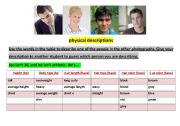
|
Physical descriptions
1-Use the words in the table to describe one of the people in the other photographs. Give your description to another student to guess which person you are describing.
2-Write a description of yourself and another person in the classroom � another student or your teacher
Level: elementary
Age: 10-17
Type: worksheet
Downloads: 15
|
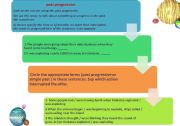
|
past progressive
Look at the rule for using the past progressive.
We use this tense to talk about something in progress in the past. We sometimes:
a) do not specify the time or b) mention an event that interrupted the event in progressWhich of the sentences is an example
2-Circle the appropriate forms (past progressive or simple past ) in these sentences. Say...
Level: intermediate
Age: 14-17
Type: worksheet
Downloads: 4
|
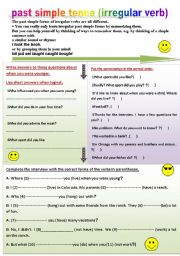
|
past simple forms of irregular verbs
The past simple forms of irregular verbs are all different.
� You can really only learn irregular past simple forms by memorizing them.
But you can help yourself by thinking of ways to remember them, e.g. by thinking of a simple sentence with
a similar sound or rhyme:
I took the book.
or by grouping them in your mind:
hit put set taught caugh...
Level: intermediate
Age: 12-17
Type: worksheet
Downloads: 32
|
|
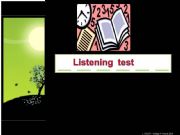
Listening test + the passage
A very nice test
ss will never be afraid
teacher may read a passage for her student
after listening afflictively
ss will answer the questions
Level: intermediate
Age: 10-17
Downloads: 11
|
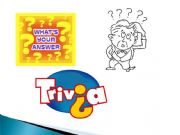
Science Trivia Quiz
science is not limited to what happens inside the laboratory - it is what is going on around us all the time. Science is a study of everything, it is a search for knowledge about the many things that surrounds us, life for people today is very different from what it was for people 5,000 years ago, t...
Level: intermediate
Age: 10-17
Downloads: 13
|

Much, many, a lot, lots
Much/Many, A lot of
Much and Many
We use�much�with�non count nouns�and�many�with�count nouns
A lot of
We use�a lot of�with non count nouns and plural count nouns.
Level: elementary
Age: 10-17
Downloads: 18
|

life events
Build 3 sentences about your life events using the past-present-future
Level: intermediate
Age: 10-17
Downloads: 10
|
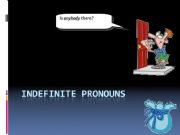
indefinite pronouns
1--BODY / ONE
Everybody
Somebody
Anybody
Nobody
2--WHERE
Everywhere
Somewhere
Anywhere
Nowhere
3--THING
Everything
Something
Anything
Nothing
Level: intermediate
Age: 14-17
Downloads: 69
|
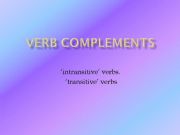
Verb Complements--�intransitive� verbs. �transitive� verbs
What is a verb complement?
A verb complement is the arrangement of one verb as the object of another verb. This happens three ways in English:
Level: intermediate
Age: 10-17
Downloads: 13
|
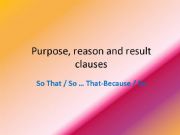
Purpose, reason and result clauses
There are a number of other ways of�expressing purpose�in English
Level: intermediate
Age: 10-17
Downloads: 27
|

SEMICOLONS
Rules of using SEMICOLONS
Level: intermediate
Age: 14-17
Downloads: 18
|

The apostrophe
The apostrophe has only a handful of uses, but these uses are very important. A misplaced apostrophe can be annoying � not to mention lonely.
Level: intermediate
Age: 14-17
Downloads: 14
|

too-enough-very
Enough means "sufficient", or"as much or many (of something) as necessary".
Too means "more than enough" or "more than is needed or wanted".
Level: intermediate
Age: 10-17
Downloads: 45
|
|
|